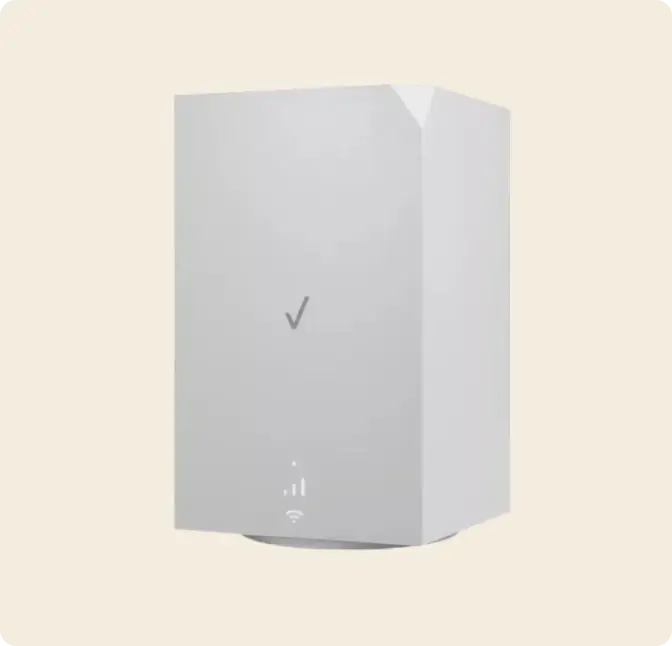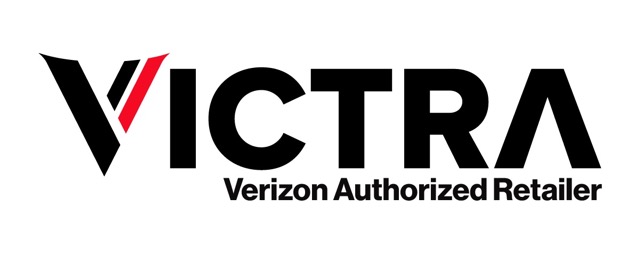Table of Contents
When it comes to gaming, streaming, or following people on social media, we all know you need Internet access. But, what kind of internet speed do you need, and will it be enough for your everyday activities?
In this guide, we cover everything you need to know about choosing the right Internet speeds to ensure your downloads are quick and your games don’t lag. Then, you’ll know exactly how much Internet speed you need for your digital lifestyle.
How Many Mbps Do I Need for Everyday Activities?
When scrolling through social media or making FaceTime calls, you don’t need a lot of bandwidth. (Thankfully.)
Most households using Wi-Fi for apps like YouTube or TikTok, or just sending texts, will function perfectly fine with about 100 to 200 Mbps. This kind of speed ensures that your whole household can enjoy the Internet without the frustration of being a ’90s kid, waiting for your mom to get off the phone so you can play your games.
It can be helpful to ask yourself, How many Mbps do I need to avoid buffering or slow load times? If you regularly stream videos while others are online, it may be best to bump the speed higher. This will prevent your videos from pausing or having poor picture quality.
Next, let’s move into what Internet speeds you need for streaming and gaming specifically.

What Internet Speeds Do I Need for Streaming and Gaming?
Streaming and gaming demand more than just casual browsing speeds, especially when multiple users are online.
For smooth Netflix or YouTube streaming in HD, you’ll need at least 25 Mbps; for 4K streaming, you should aim for 50 Mbps or more.
When wondering what Internet speeds you need for streaming, it’s best to go higher if you have multiple active devices on your network.
Gamers also need consistent speeds, not just high ones, and gaming depends on connection stability as much as bandwidth. Most online games run well on 50 to 100 Mbps, but cloud gaming services often require more. (However, we’ll touch on that later.)
If you’re often dealing with lag, delays, or dropped streams, you may want to opt for the higher end of the Internet speed spectrum to guarantee fewer interruptions to your gameplay.
What Internet Speeds Do I Need for Streaming in HD and 4K?
What’s the point of streaming if you can’t stream in HD and 4K?
4K video demands 25 Mbps or higher per screen to play without buffering. Streaming platforms adjust quality based on your connection, so slower speeds mean lower resolutions. Being on a shared network can also pull bandwidth away from your stream.
Consider how many people in your household stream at once to keep video clear and stable. The more people, the higher the bandwidth.

What Internet Speed Do I Need for Gaming Without Lag?
While online gaming needs less bandwidth than most people think, it still punishes unstable, weak connections. If you’re curious about what internet speeds you need for gaming without lag, we’d suggest aiming for at least 50 Mbps per gaming device. After all, speed matters less than latency and consistency.
It’s important to remember that high ping or jitter causes lag, even on fast plans. This is quite common in games that require fast reaction times, such as sports or first-person shooter games. Thus, wired connections beat out Wi-Fi when it comes to stability.
What internet speeds you need for gaming depend heavily on how much background activity competes for bandwidth. If others are streaming or downloading during gameplay, or you have streaming services going while gaming, you’ll likely need to add higher speeds, closer to 100 Mbps, to get the results you want.
What Internet Speed Do You Need for Game Downloads and Updates?
Fun fact: game downloads and updates take up more bandwidth than actual gameplay. A single title can exceed 100 GB, especially with high-resolution graphics or bundled content. Thus, the Internet speeds you need for game downloads and updates depend on how long you’re willing to wait.
With 100 Mbps, a 50 GB game can take over an hour to download. Faster plans, like 300 Mbps or more, reduce download time and help install significant updates without much delay.
If your household uses the network while you’re downloading games or media, speeds will inevitably drop. So, it’s essential to prioritize higher bandwidth if you regularly install large games or patches.
Best Speeds for Online Multiplayer and Cloud Gaming
We discussed the best Internet speeds for gaming without lag, but online multiplayer and cloud gaming are different ball games.
Online multiplayer gaming depends on low latency and stable upload speeds. Most games run well with 50 to 100 Mbps, but the quality of the connection matters more than the number.
Cloud gaming needs even more bandwidth, too. Services like Xbox Cloud Gaming or NVIDIA GeForce NOW recommend at least 35 Mbps for a reliable stream. Anything less causes stuttering and visual drops.

What Internet Speeds Do You Need for Work, School, and Smart Homes?
If you’re wondering what Internet speeds you need for work, school, and smart homes, consider your daily activities.
You should plan for at least 100 Mbps for work and school to support video calls, cloud storage, and browser-based tools without freezing. Smart home devices like cameras and doorbells also rely on constant background data, so you must factor this into your potential Internet usage.
It’s also beneficial to prioritize higher speeds if you’re running meetings, classes, or smart tech while at home.
Simply put, what Internet speeds you need depend entirely on your at-home lifestyle.
Can I Game on 5G or Mobile Data?
You can game on 5G or mobile data, but performance depends on coverage, signal strength, and congestion.
5G networks offer high speeds and low latency in strong signal areas, which can support online multiplayer and cloud gaming. However, mobile data is less consistent and more likely to experience lag or disconnects.
Limit background activity to improve performance and achieve the gameplay you want. If you are using 5G, you should monitor data caps, especially during large downloads or long sessions.
Compare Internet Plans: Find the Right Fit for Your Home
If you still need help deciding which Internet plan is best for your home, we’ve created a handy comparison chart.
Below, we’ve broken down household type, typical usage, and recommended speed to help you see right away which one is right for your lifestyle.
| Household Type | Typical Use | Recommended Speed |
|---|---|---|
| Single User | Social media, streaming, and light browsing | 50–100 Mbps |
| Couple or Roommates | Streaming on multiple devices, online shopping, and video calls | 100–200 Mbps |
| Small Family (3–4 people) | HD streaming, gaming, remote work, or school | 200–300 Mbps |
| Large Household (5+ people) | 4K streaming, cloud gaming, multiple smart devices, work, and school | 500–1000 Mbps |
| Smart Home Power Users | Security systems, smart appliances, and high device count | 500+ Mbps |
| Cloud Gamers/Streamers | Low-latency gaming, live streaming, and large file downloads | 300–1000 Mbps |

Finding the Perfect Internet Speed for Yo
Plain and simple, choosing the right Internet speed depends on how many people use your network and what you do online. Gaming, streaming, video conferences, and smart devices each add to the total demand, increasing the need for faster Internet speeds.
This means that what Internet speed you need depends on how often these activities overlap.
A higher plan may cost more, but it prevents slowdown during even the busiest hours of your home. If you aren’t sure what kind of speeds you need, start by listing your most common online activities, like 4K streaming, gaming, or remote work. Then, take a look at your current plan: if your connection is slow, your speed simply isn’t keeping up.
And that’s what Victra and our high-speed Verizon internet plans are here for.
FAQs on Internet Speed Needs
What’s the difference between upload and download speeds?
Download speeds measure how fast data comes to your device, affecting streaming, browsing, and downloads. Upload speed, however, measures how fast data leaves your device. This matters for video calls, file sharing, and online gaming.
How can I test my current Internet speed?
Use an online tool like Speedtest.net or Fast.com. For more accurate results, run the test while connected to your Wi-Fi or directly through Ethernet.
Then, compare your results to your Internet plan and see if the numbers fall short. If they do, you may need to upgrade your plan.
What happens if I have more Internet speed than I need?
Don’t worry: nothing breaks! Your connection will continue to run smoothly, and you’re less likely to notice slowdowns during busy times. However, you may be overpaying. If you consistently use far less than your plan offers, you may be able to downgrade without losing performance.
Get Connected to Verizon Internet Plans With Victra
Victra is proud to offer Verizon Fios and 5G Home Internet plans at low monthly prices. With us, you can enjoy fast, reliable service with no data caps, hidden fees, or annual contracts. Plus, you can game or stream all you want without worrying about disruptions or lag.
Now’s the time to check availability in your area and find the plan that gives you the internet speeds your activities require. Visit your local Victra store and start upgrading your Internet speeds today.




